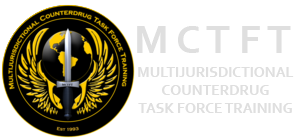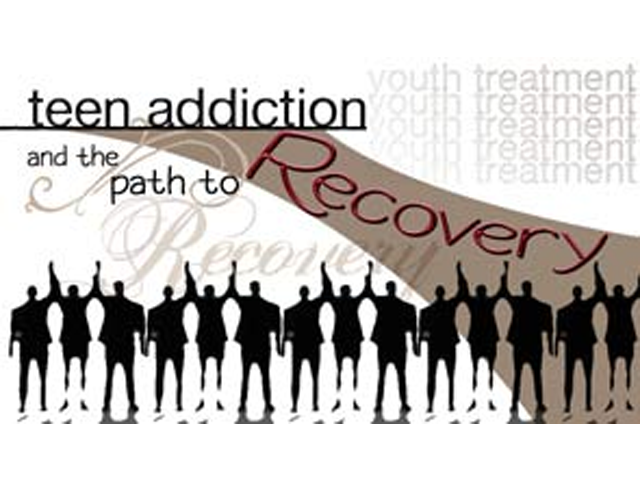This video will explore the science behind teen addiction, the warning signs of addiction and steps that parents, teachers and other adults can take to help a teen suffering from addiction. This hour-long show will share successes and challenges that today’s teenagers and families face in overcoming addiction and living drug-free productive lives, and will highlight one teen’s powerful story of addiction and recovery. Viewers will leave with a deeper understanding of the power and possibility of recovery for teens struggling with alcoholism and drug dependencies, and of pro-social activities that can help teens achieve long-term recovery.
Learning Objectives:
- Understand the disease of addiction
- Distinguish between “normal” adolescent behavior and the red flags of addiction
- Learn why and how teens get addicted
- Understand the process from addiction to recovery
- Familiarize yourself with telltale signs of addiction and withdrawal
- Explore the world of drug abuse; hear first-hand knowledge from addicts and addiction experts
- Learn addiction resources and how your community can help
Originally Aired: September 25, 2008
Target Audiences: Primary target audiences for this program will include high school students, teachers, parents, law enforcement officials, drug prevention specialists, Drug-Free Communities Act grantees, administrators, school drug counselors, treatment providers, drug court members, policy makers, business leaders, coalition volunteers, drug demand reduction coordinators, criminal justice professionals, members of the religious community and other community partners who may be interested. This program is also suitable for Public or Cable Access television distribution.
Panelists
Carlton Hall
Senior Manager of Training and Technical Assistance, Community Anti-Drug Coalitions of America (CADCA) Washington, DC
Prior to joining CADCA, Carlton was president and CEO of Carlton Hall Consulting LLC (CHC), a multi-faceted full service consulting organization designed to provide customized solutions and enable measurable change for communities, organizations, families and individuals. With over 10 years experience in fields of government, social services and prevention science, Carlton gained national prominence as a Communities That Care� Project Manager, for the Channing Bete Company. He received his Masters in Human Services from Lincoln University in Pennsylvania and is currently pursuing a Doctorate in Education from the Fielding Graduate Institute. Carlton was also responsible for the design and implementation of the award winning “Operation Makeover”, an effective community-wide intervention addressing blatant open-air drug trafficking and increasing levels of juvenile violence and substance abuse offences. Operation Makeover was recognized by Vice-President Al Gore and featured in “Programs That Work” a publication by the Office of Housing and Urban Development (HUD).
Paula D. Riggs; M.D.
Associate Professor, Department of Psychiatry at the University of Colorado at Denver (UCD) and UCD’s Health Sciences Center
For the past decade, Dr. Riggs has been Director of Psychiatric Services for Adolescents at the UCD-affiliated Addiction Research and Treatment Services’ adolescent treatment programs. Dr. Riggs’ research career has focused on the development and test of effective pharmacotherapy and behavioral treatment interventions in adolescents with substance use disorders and psychiatric comorbidity. She is also currently Principal Investigator of a multisite trial in NIDA’s Clinical Trials Network- “A Randomized Controlled Trial of OROS-MPH for ADHD in Adolescents with Substance Use Disorders.” In addition to her clinical research, Dr. Riggs is the author of numerous publications and also plays an active role in the mentoring, teaching, and training of medical students, psychiatric residents, and junior facility members.
Emmeline Hall
age 18 ,Youth advocate in recovery
Emmy, a young adult in recovery, is now taking her experiences of drug and alcohol abuse to new levels by addressing the problem and talking with children and adults about the dangers of experimentation and substance abuse. Now 18, she is an active member in her local coalition’s “Take it back” program and has a strong desire to make a positive impact in her community. Emmy’s new focus has taken her from the streets to the podium, educating people about why teens begin using and how drugs affect you physically, socially and mentally. By sharing her own personal stories of struggles and strengths, Emmy continues to prove that it is possible to remain clean and sober.

